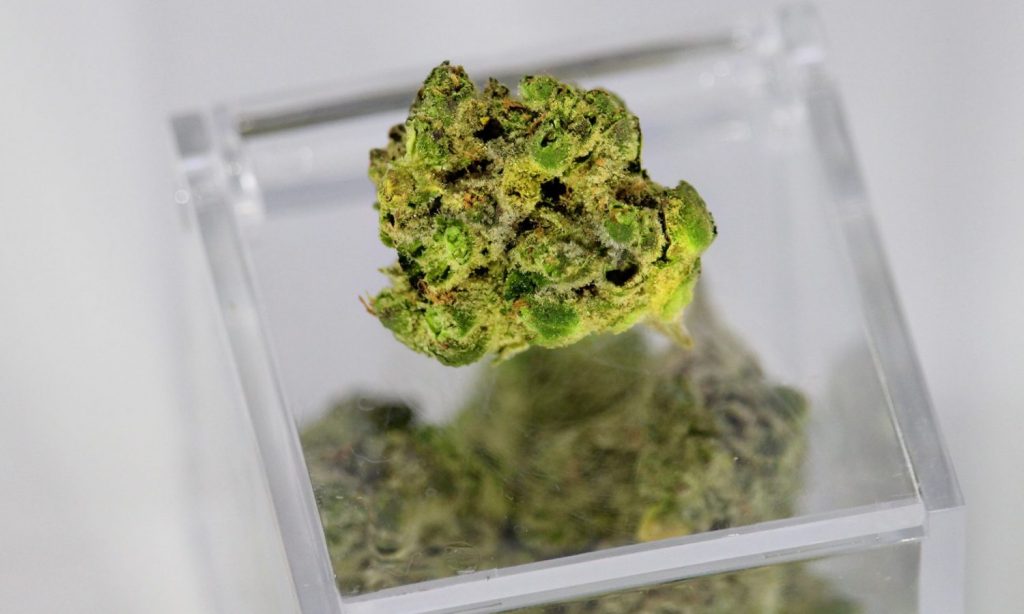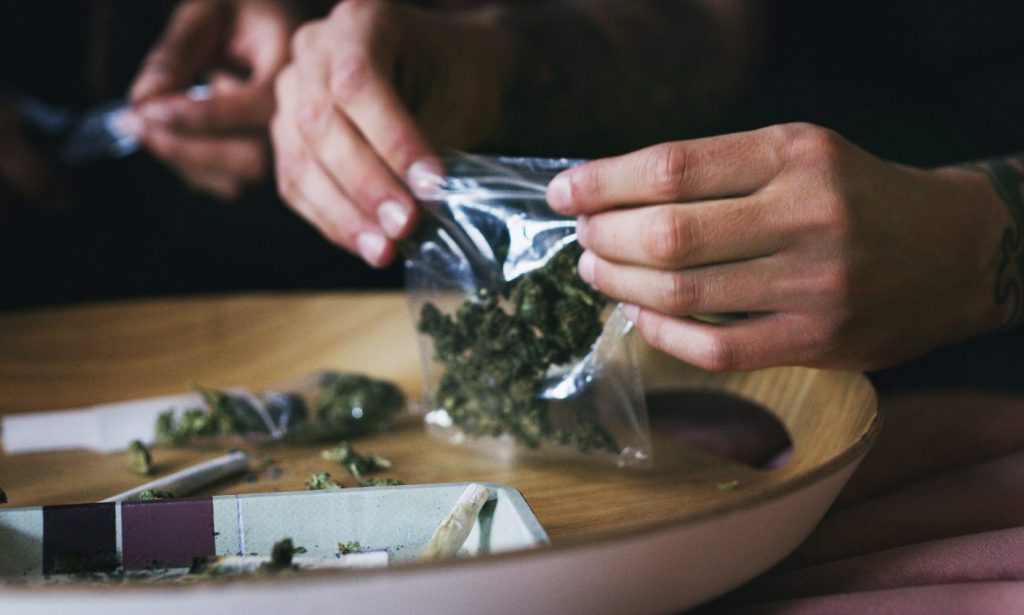Analogies between the patterns and paths that cannabis legalization is taking—between Canada and Europe, and more recently, the U.S. and Europe—are certainly in the room this year. Especially as different European states begin to at least engage if not normalize parts of the cannabis discussion—from medical and CBD to full boat adult use.
To some extent, the political fight over legalization has certainly been divided between the cannabinoids in a way not really seen in either the United States or Canada—and that has been a deliberate strategy by advocates and the industry alike as medical reform has either stalled or moved too slowly for real progress to be made. Ultimately, patients pay the steepest price.
To some (notably patients) the parsing of legalization between THC and CBD is unbelievably frustrating. However, to lobbyists and commercial interests, the opening, finally, of a European market for at least one part of the plant is a strategic place-marker that has advanced some parts of reform in some countries—while leaving other conversations hanging.
To some extent, the recent victories over CBD in the European Union (EU) are clearly a sign that at least one part of the plant is normalizing. On the other hand, that such advances have only come post legal action is a sign of how treacherous and legally challenging the path to market actually is—and all over Europe—and how much CBD reform is a weak substitute for either medical use that is integrated into healthcare systems, much less adult use.
Recent Significant European Victories
The entire CBD discussion has been put to the test over the last six months in both France and Germany, and further in ways that the rest of Europe is clearly watching, if not merely skipping on the road to full recreational reform.



